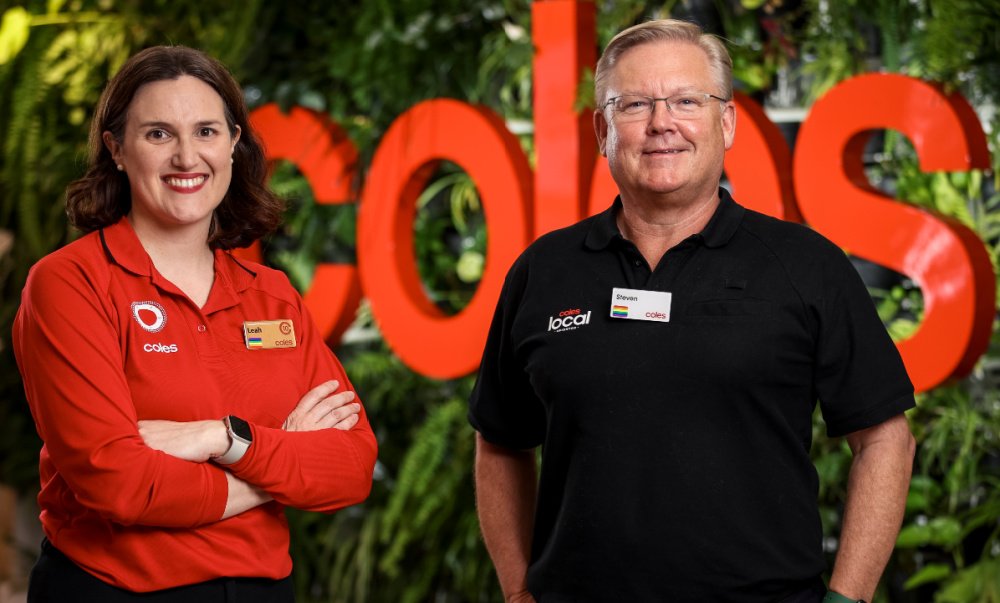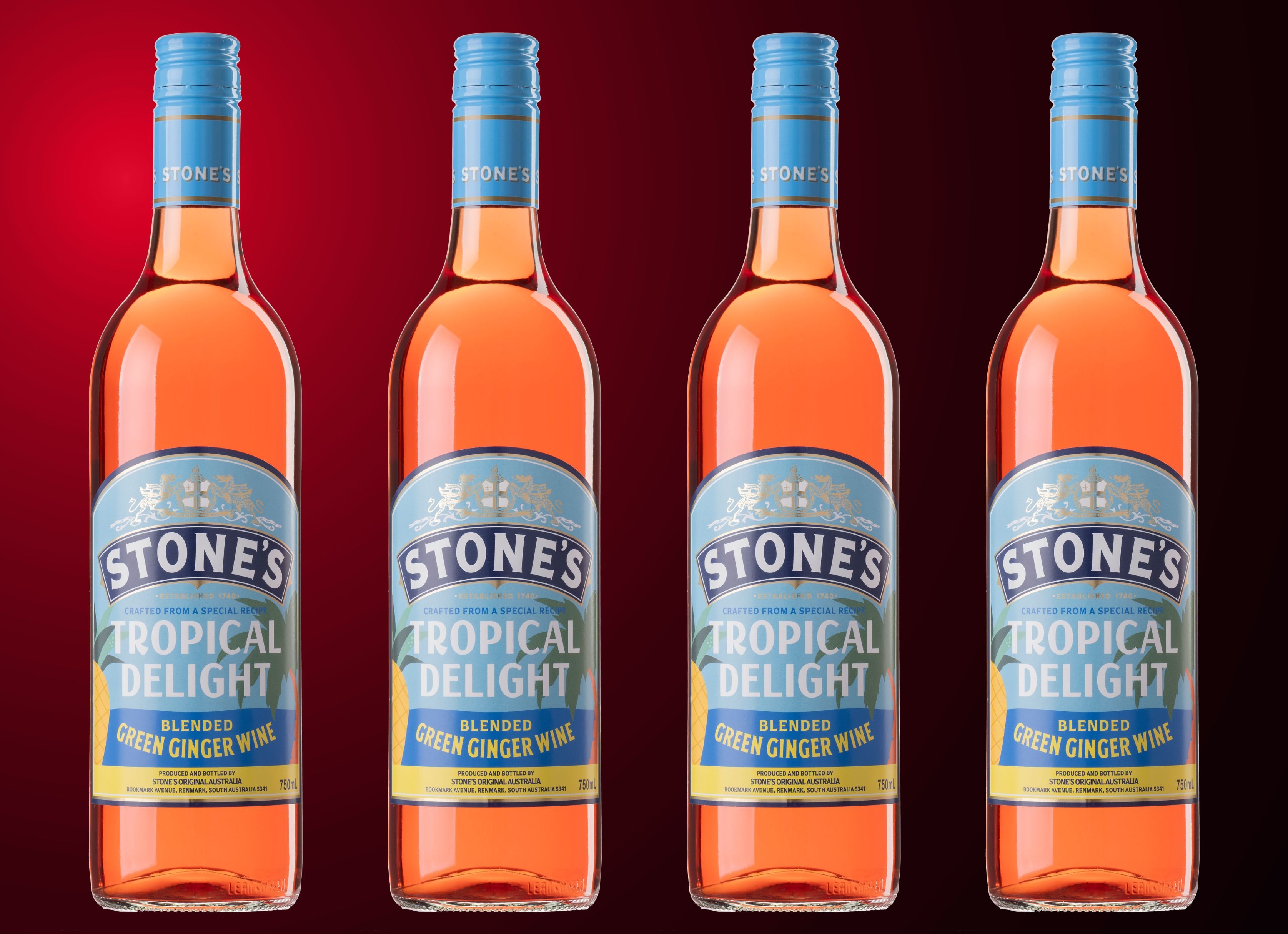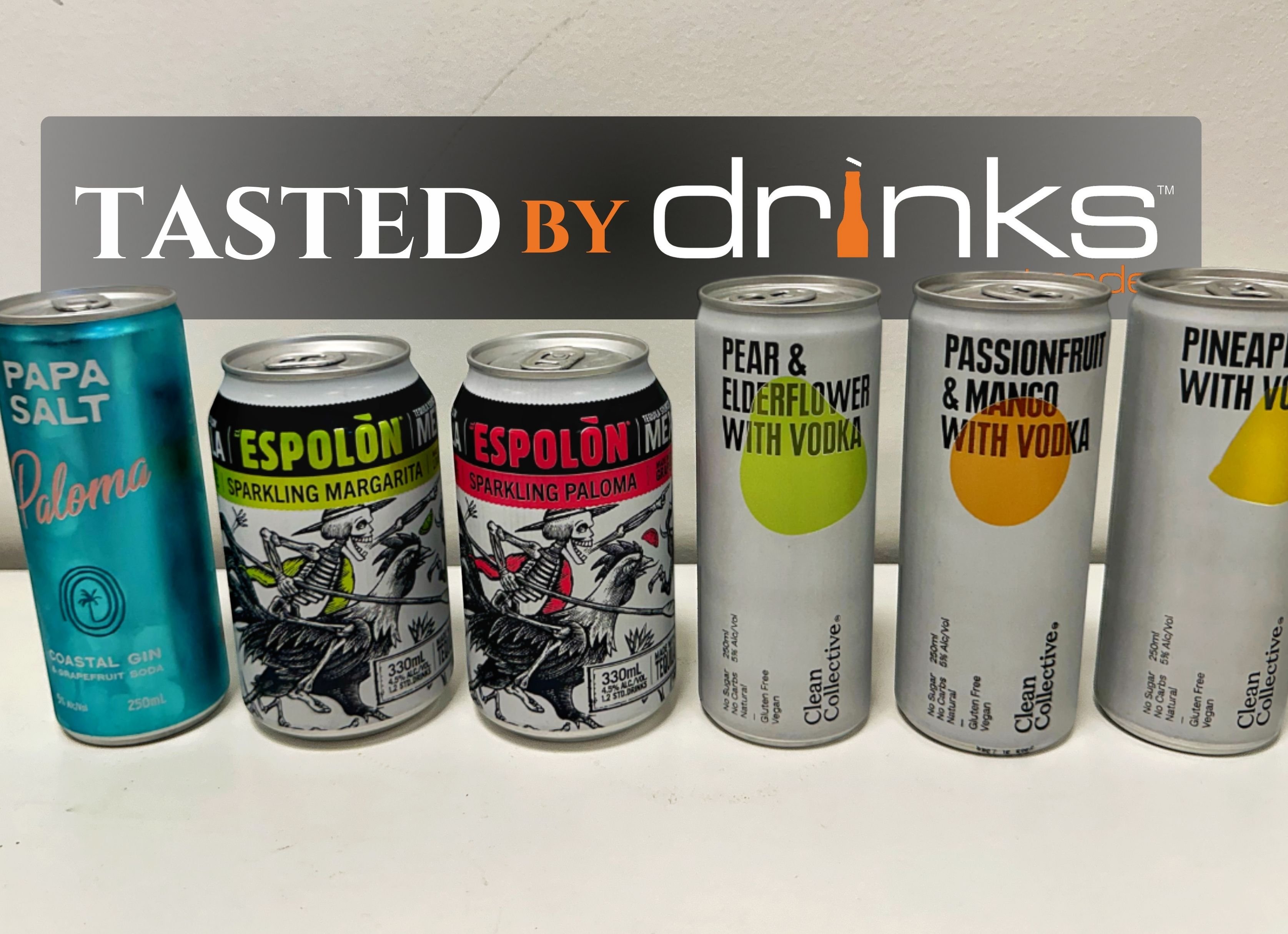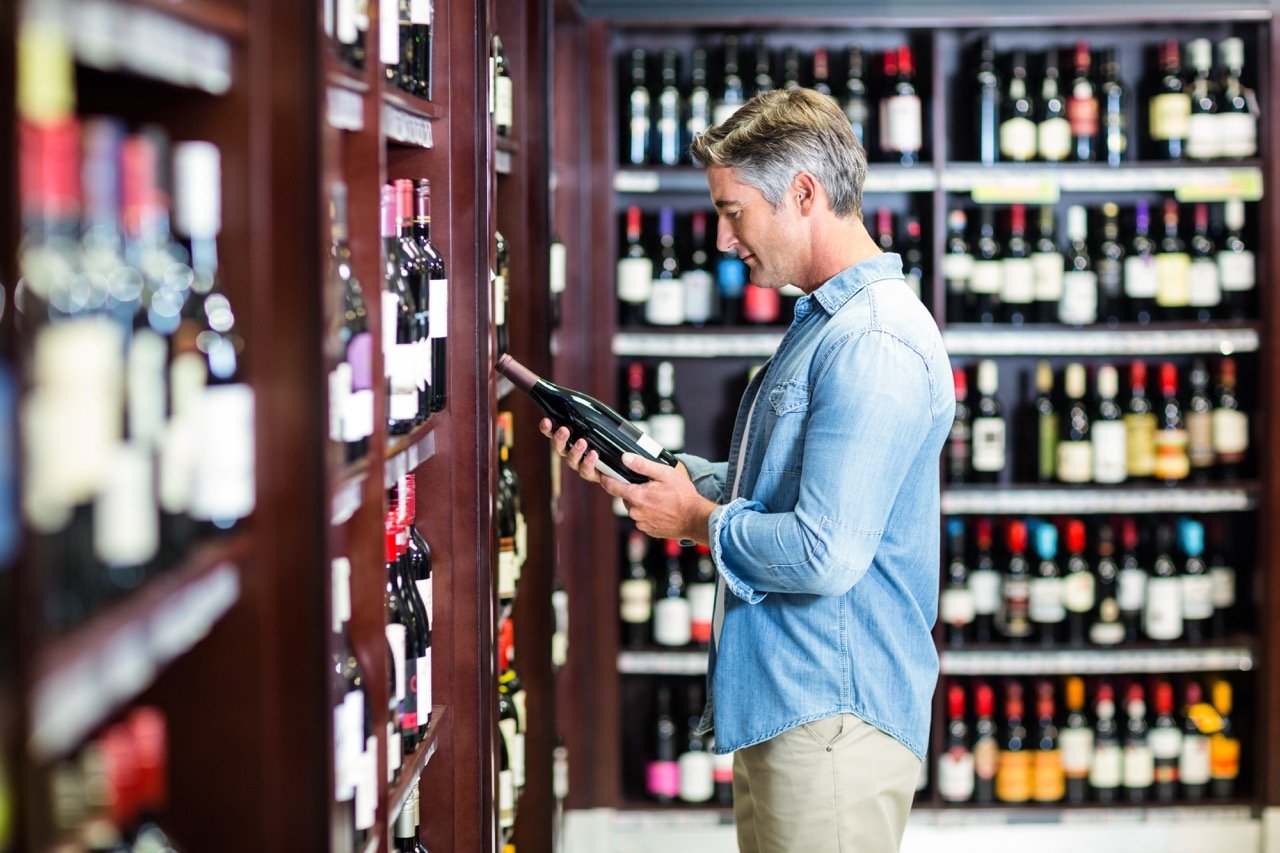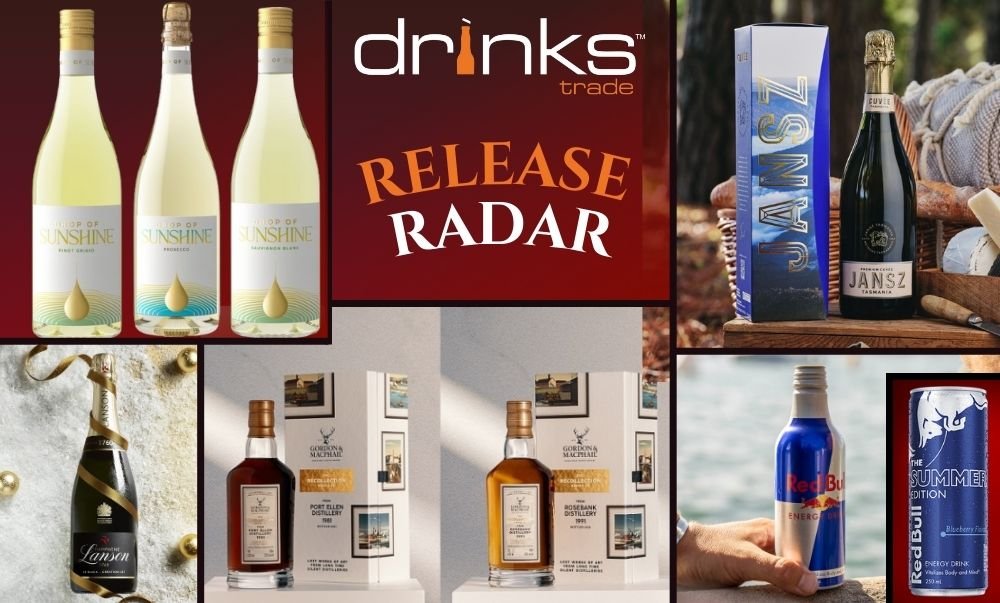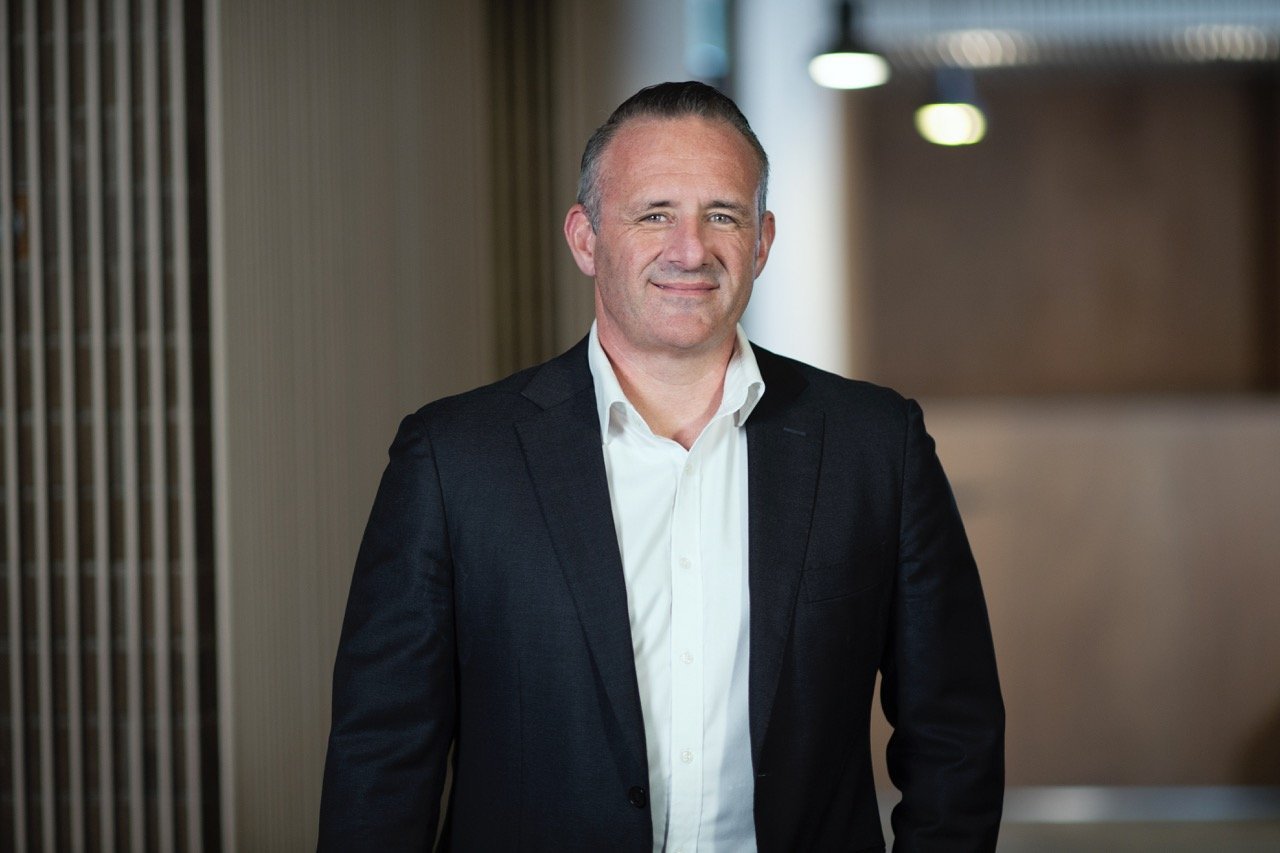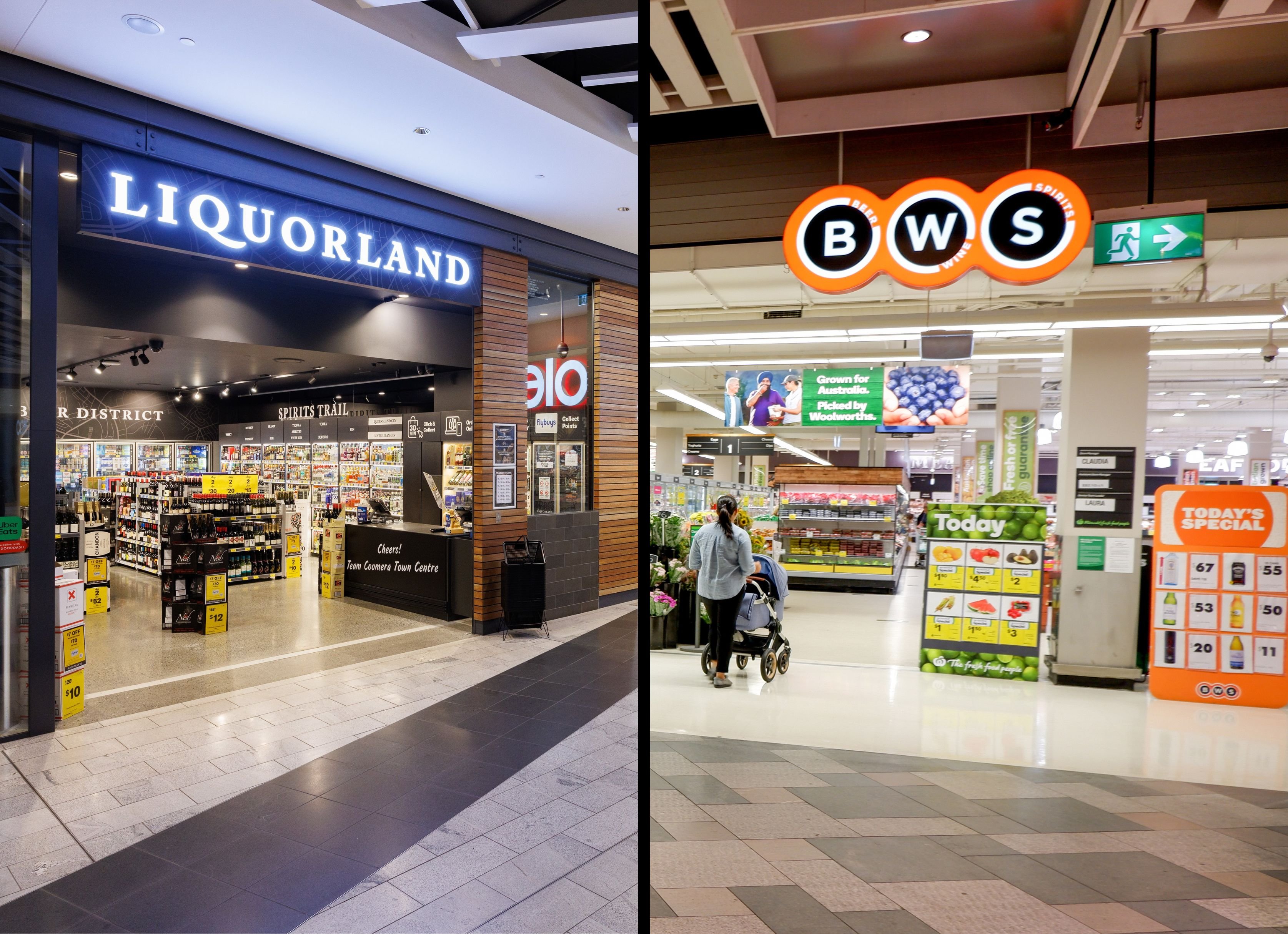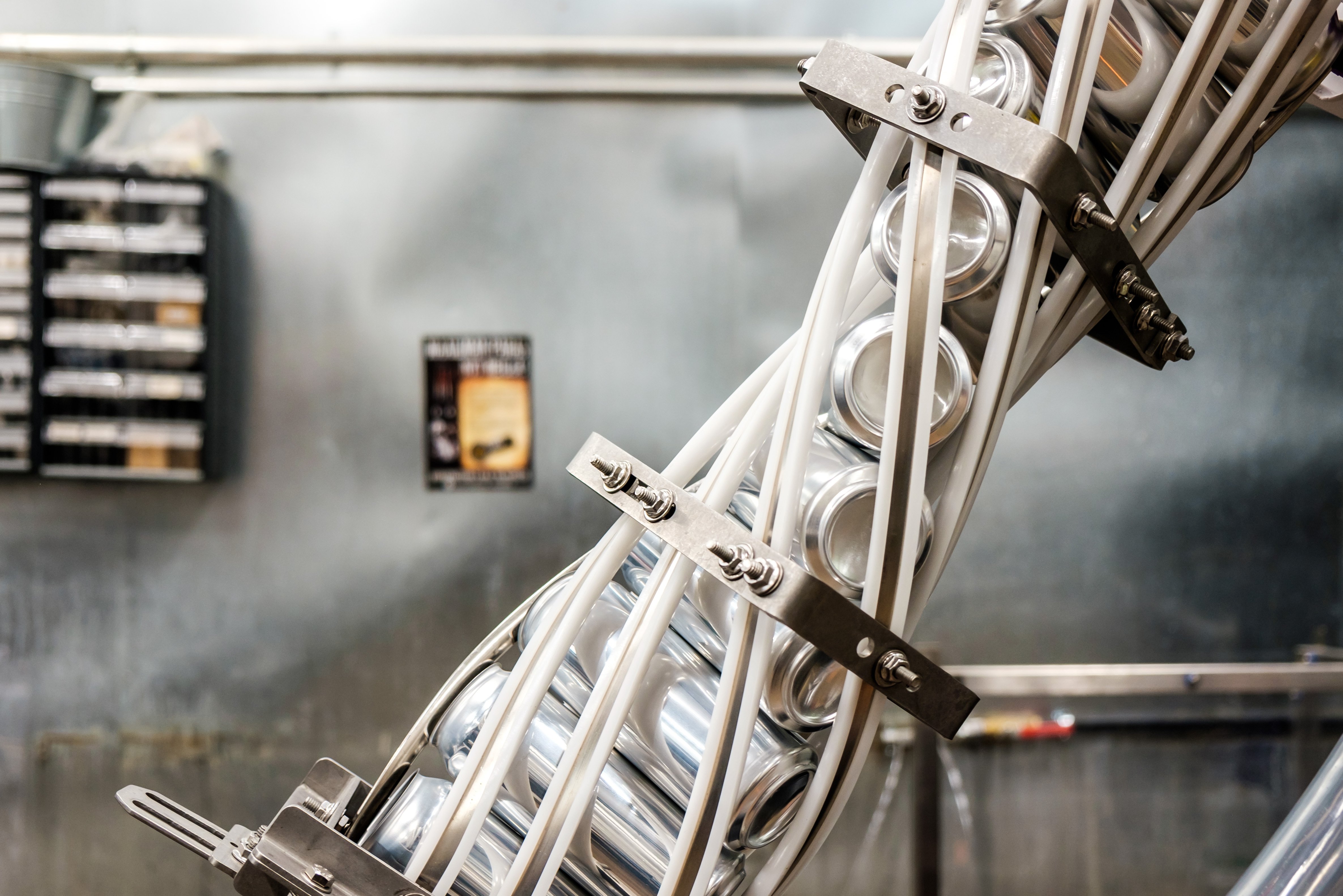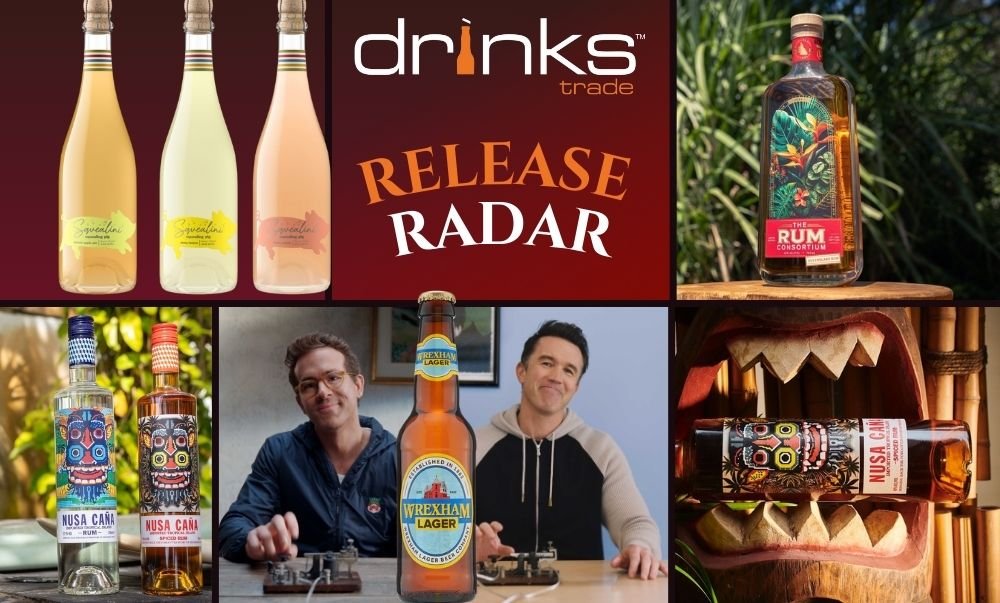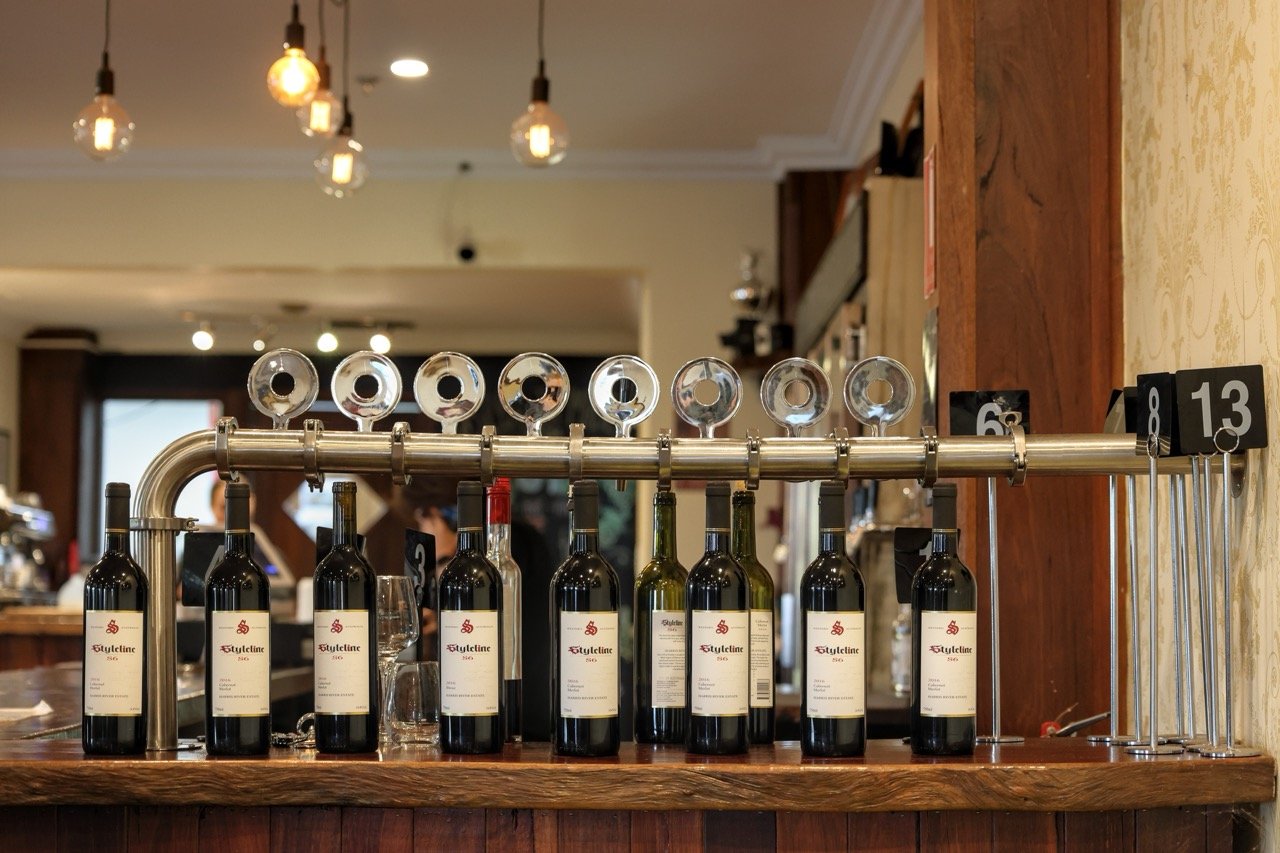Coles Group sales were up 3.9 per cent to $20.8b showing three year headline sales growth of 13.6 per cent in Supermarkets and 15.4 per cent in Liquor. NPAT for the Group grew by 11.4 per cent to $616m when compared to 1H FY22.
E-commerce sales for Coles Liquor continued to increase with revenue growth of 13.7 per cent and penetration of 5.6 per cent as express delivery was expanded to more than 560 stores. For Liquor, sales growth has almost tripled in three years.
However, Liquor revenue dropped by 2.4 per cent to $199m due to the impact of weather events along Australia's eastern seaboard and as we cycled the on-premise closures of 1H FY21. Flooding impacted stores in NSW, Victoria and Queensland (seven from this state at its peak). EBITDA was $141m - down 9.6 per cent.
Losses are not expected to continue, says Coles, with Liquor experiencing its strongest ever Christmas and New Year period and forecasting that the second half of FY23 will see a return to earnings growth "as we exit COVID-19 cycling and focus on building sales momentum, partially assisted by the February excise increase, and continuing to drive ELB growth".
More than 200 Exclusive Liquor Brands were added to its Liquor range in the first half alone and the ELB portfolio received 280 awards, including the James Busby Vineyard Series Pinot Noir being awarded the Best in Show trophy at the Royal Adelaide Wine Show.
RTD was the strongest performing category in Coles Liquor stores for the half and Liquorland continues to be the group's strongest performing banner with signage of more than 370 Black and White now completed. (Be gone the red and yellow!) Coles Liquor now comprises 940 retail stores.
In what will be his last half yearly presentation following his retirement and the appointment of Leah Weckert to CEO for Coles Group from 1 May, Steven Cain said, "The good news is that supplier cost inflation is starting to ease in the third quarter, particularly in produce.
"Many of our suppliers are however still facing increasing cost pressures and shortages of pallets, raw materials and labour. This has been coupled with increased severe flooding impacting our road and rail networks, particularly for Western Australia and Far North Queensland. We are working together with our suppliers, and both State and Federal governments, to improve food supply chain resilience for all Australians."
Coles' first Witron automated DC in Queensland - the largest in the Southern Hemisphere - began receiving in-bound inventory deliveries in January and the business has another three major automation projects under construction, including in Kemps Creek and Wetherill Park in NSW) and Truganina in Victoria.
The figures listed exclude performance for Coles Express which has been sold to Viva Energy for $300m and is on track to be divested from Coles Group by the end of FY23.
Share the content
